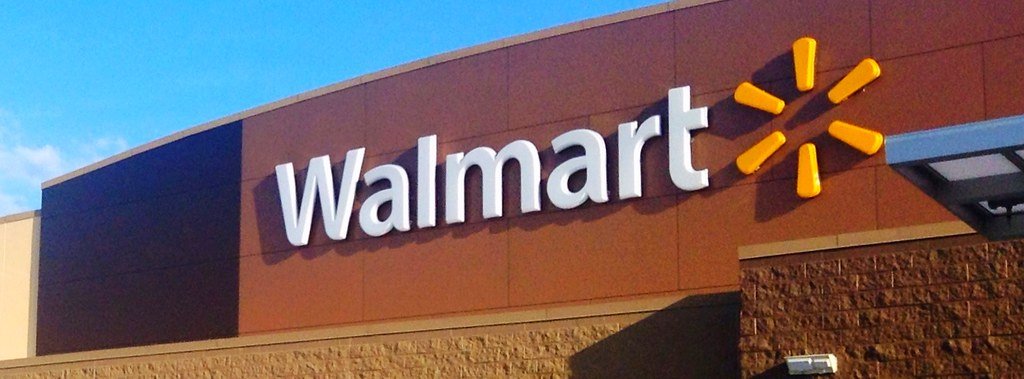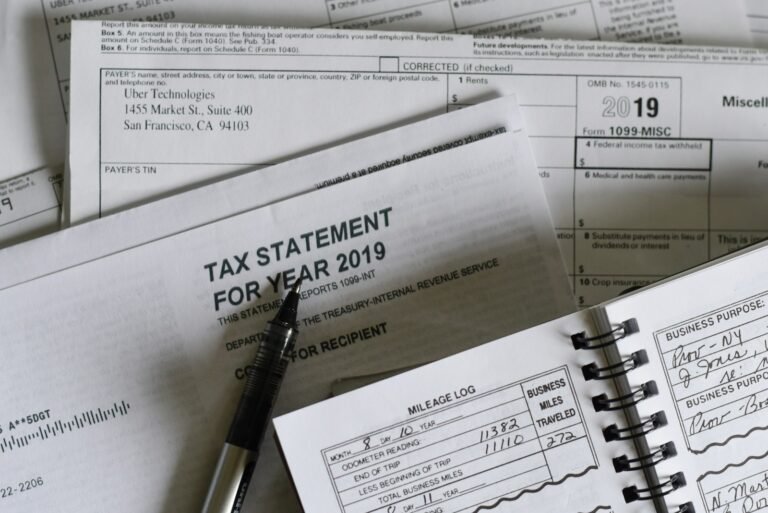
The Consumer Financial Protection Bureau (CFPB) has filed a formal complaint against Walmart Inc. and Branch Messenger, Inc., accusing the companies of engaging in unfair, abusive, and deceptive practices related to the payment systems for workers in Walmart’s Spark Driver program. Branch, a financial technology firm, is behind the Branch Account product, which offers a mobile app and debit card linked to Evolve Bank & Trust.
The CFPB’s complaint claims that Walmart and Branch forced Spark Drivers—independent contractors who deliver orders for Walmart customers—to receive their pay exclusively through Branch Accounts, with threats of termination for those who opted out. Many drivers faced complicated, time-consuming processes to access their earnings, often encountering unexpected fees and delays when transferring funds to external accounts.
The Spark Driver Program and Payment Issues
Launched in 2018, Walmart’s Spark Driver program allows independent contractors to deliver orders from Walmart stores. For many of these drivers, the program provided essential income to cover personal and family expenses, such as groceries, rent, utilities, and childcare.
However, the CFPB alleges that beginning in June 2021, Walmart, Branch, and Walmart’s third-party administrator, Delivery Drivers, Inc., required Spark Drivers to receive their pay exclusively through Branch Accounts—a financial product provided by Branch Messenger. Drivers who resisted this mandate faced removal from the program. In some cases, accounts were reportedly opened without drivers’ informed consent, with Walmart and Branch allegedly sharing drivers’ personal information, such as social security numbers, to create these accounts without permission.
Once the Branch Accounts were opened, drivers were required to navigate a confusing multi-step process to access their wages, often facing unexpected delays, fees, and a lack of clarity around the terms and conditions of the accounts. Some drivers didn’t even realize that their accounts had been opened, while others were unaware of the account type or the restrictions they would face.
Accessing Wages and Hidden Fees
The complaint details significant delays in accessing wages, sometimes lasting weeks, and the imposition of fees for transferring funds to external accounts. Spark Drivers were often charged hefty fees for “instant” transfers or faced limits on the amount of money they could move out of their Branch Accounts each day or month. For example, a driver who earned $500 per week might have to pay as much as $10 weekly to transfer their wages to another bank. Additionally, many drivers were required to use a third-party service for these transfers, which added more fees and required sensitive personal banking details.
The CFPB also alleges that drivers were not fully informed about the account fees or limitations. Many drivers reported having difficulty accessing their funds when they needed them most—unable to pay bills like rent or utilities due to low withdrawal limits and cumbersome procedures.
Lack of Choice, Transparency, and Consumer Protection Violations
The CFPB claims that Walmart and Branch engaged in deceptive practices starting in June 2021 by failing to disclose the requirement to use Branch Accounts until after drivers had enrolled in the Spark Driver program. Drivers were reportedly not given the option to choose a different payment method or opt out of using Branch Accounts. Those who attempted to return to direct deposit or another payment method were allegedly threatened with termination from the program.
Furthermore, Branch is accused of violating multiple financial regulations, including the Truth in Savings Act (TISA) and the Electronic Fund Transfer Act (EFTA). The complaint alleges that Branch misled drivers about “instant access” to funds and improperly required them to waive their rights under the EFTA, while failing to provide necessary disclosures or honor stop payment requests.
Error Resolution and Stop Payment Violations
Branch is also accused of failing to meet legal requirements for investigating disputes related to electronic fund transfers. The EFTA mandates that financial institutions conduct timely and thorough investigations when consumers report unauthorized transactions, but Branch allegedly rejected or failed to investigate these reports, leaving drivers without recourse. From January 2020 through 2022, Branch is said to have dismissed Notices of Error, including complaints about fraud or theft, without conducting the required investigations.
Additionally, Branch is charged with denying consumers the right to stop preauthorized payments, violating EFTA provisions. Even when consumers requested to stop payments at least three business days before the scheduled transfer date, Branch allegedly refused to comply.
Many Spark Drivers report ongoing financial hardship due to the problematic payment system imposed by Walmart and Branch. For drivers already in financially vulnerable situations, the confusing and delayed access to wages, coupled with excessive fees, created additional stress and financial strain.
The CFPB’s complaint also highlights the lack of support for drivers facing issues with their Branch Accounts. Drivers reported difficulty getting timely responses from Branch when issues such as fraud or account errors arose, further exacerbating their financial difficulties.
Walmart’s Role, Legal Consequences & Alleged Branch’s Deceptive Practices
Walmart is accused of playing a central role in the problematic system, as the company reportedly approved the agreement between its administrator, Delivery Drivers, Inc., and Branch Messenger. The complaint claims that Walmart was aware of and endorsed the payment system, which imposed substantial fees and limitations on drivers.
In response to the CFPB’s complaint, Walmart has denied the allegations, asserting that the claims are inaccurate and misleading. “The CFPB’s hasty lawsuit is filled with factual inaccuracies and overblown claims,” Walmart stated, adding that the investigation did not afford the company a fair opportunity to present its case. The company vows to vigorously defend itself in court.
The CFPB is seeking consumer redress and penalties against both Walmart and Branch for their alleged violations of consumer protection laws, including the CFPA, TISA, and EFTA. The Bureau’s complaint emphasizes that these actions harmed Spark Drivers by creating financial confusion, hardships, and privacy violations.
In addition to the payment system issues, the CFPB alleges that Walmart and Branch provided misleading and incomplete disclosures to Spark Drivers regarding the terms and fees associated with Branch Accounts. As a result, drivers were not fully aware of the financial burdens they would face, leading many to unknowingly accept terms that significantly impacted their earnings.
The complaint also highlights Walmart’s role in the deceptive practices, claiming the company played a significant part in enforcing the use of Branch Accounts, even when drivers had not been properly informed about the associated fees and limitations.
Next Steps and Potential Penalties
The CFPB is calling for remedies, including consumer restitution and civil penalties against Walmart and Branch. Federal regulators also seek changes to Branch’s policies and practices to ensure future compliance with federal consumer protection laws, particularly the EFTA and Regulation E, which govern the handling of electronic transactions.
As the case continues to unfold, Spark Drivers who were impacted by the allegedly unfair payment practices may be entitled to restitution. The lawsuit serves as a warning to other companies about the importance of transparency and fair treatment for workers, particularly in the gig economy.
As regulators ramp up scrutiny of digital payment systems and platform-based banking services, the case highlights the need for companies to prioritize consumer protection and ensure workers have access to their earnings in a transparent and equitable manner.


